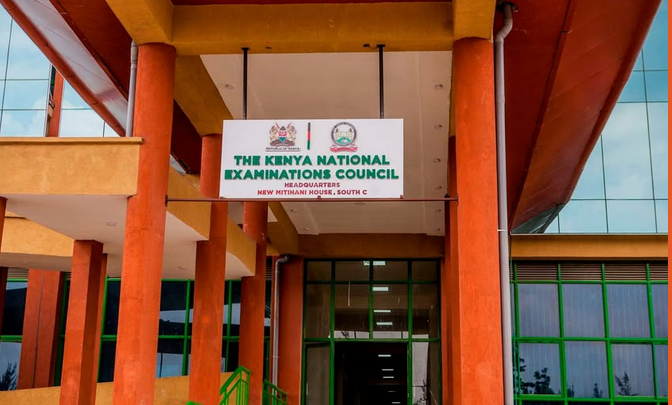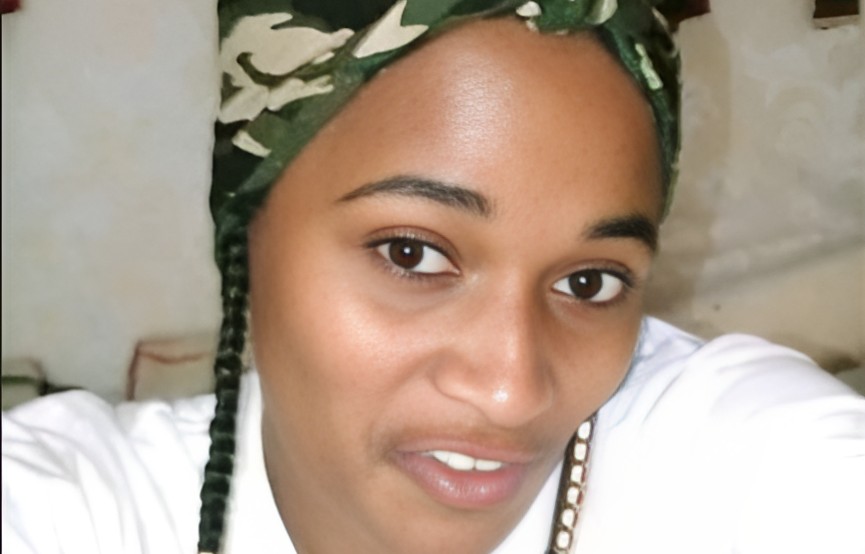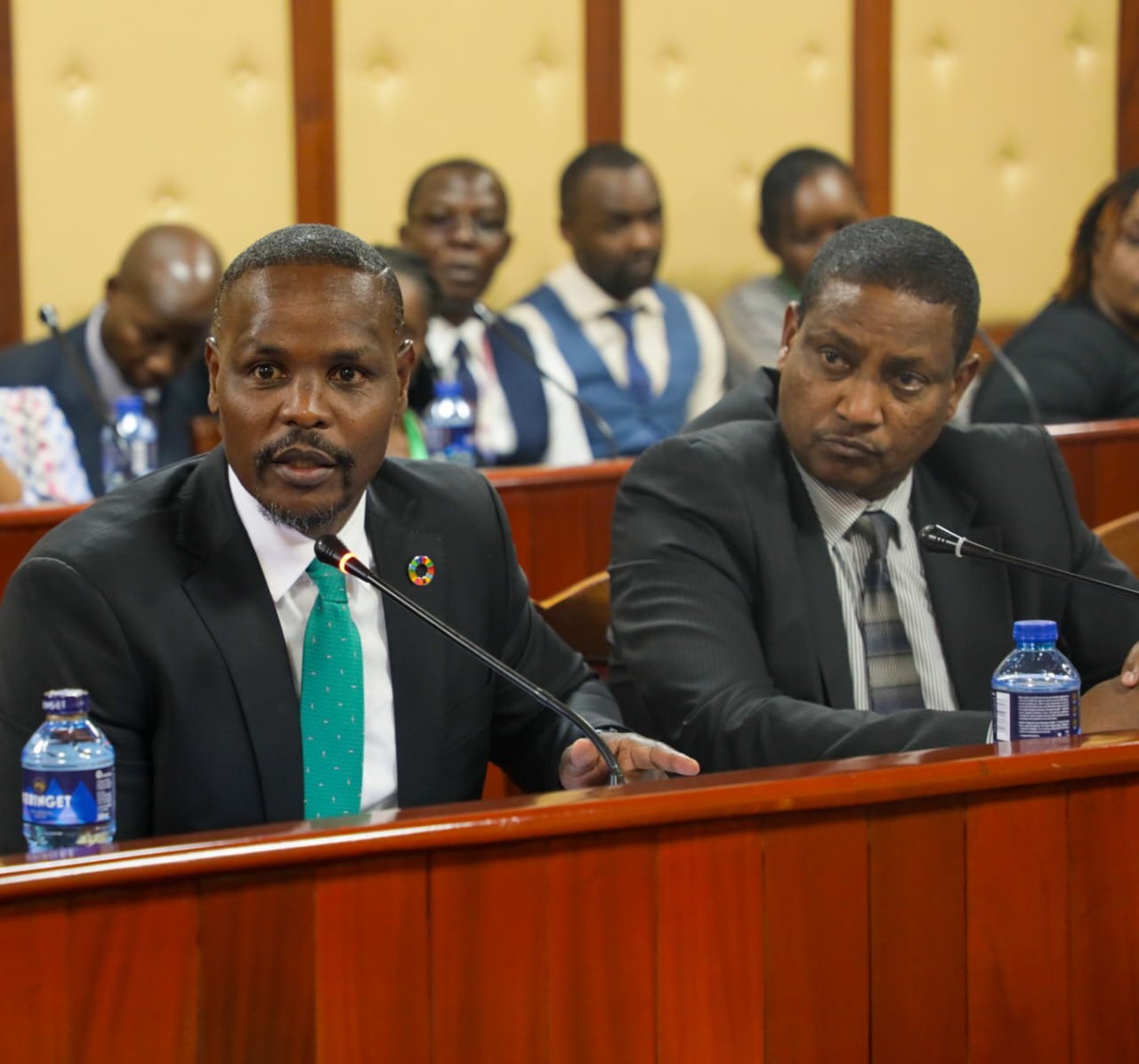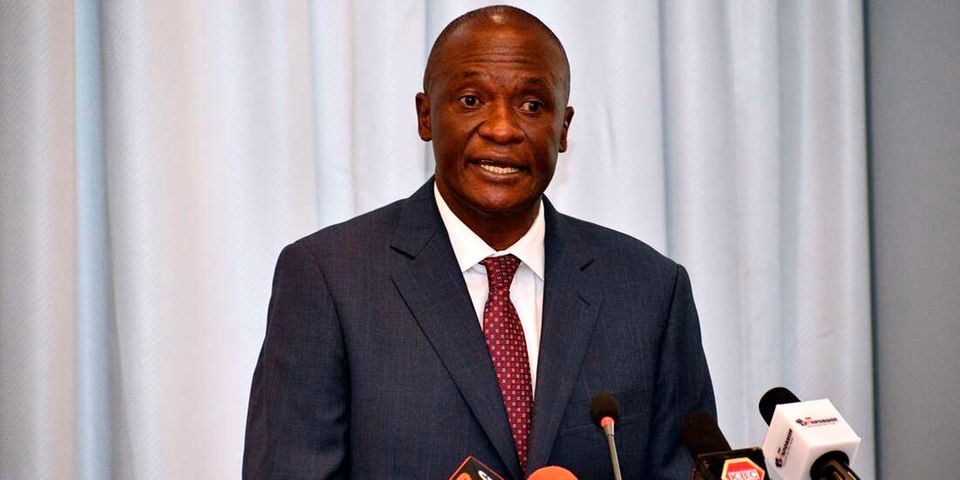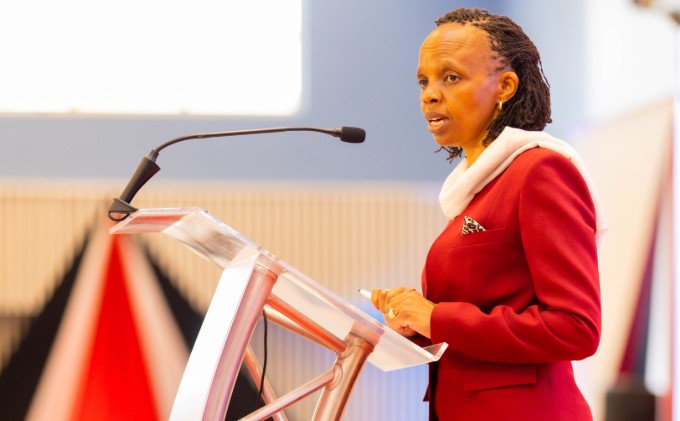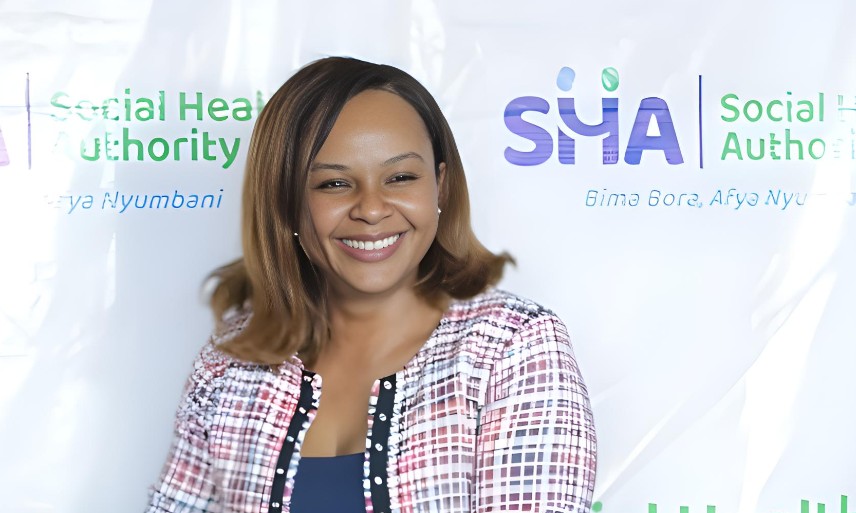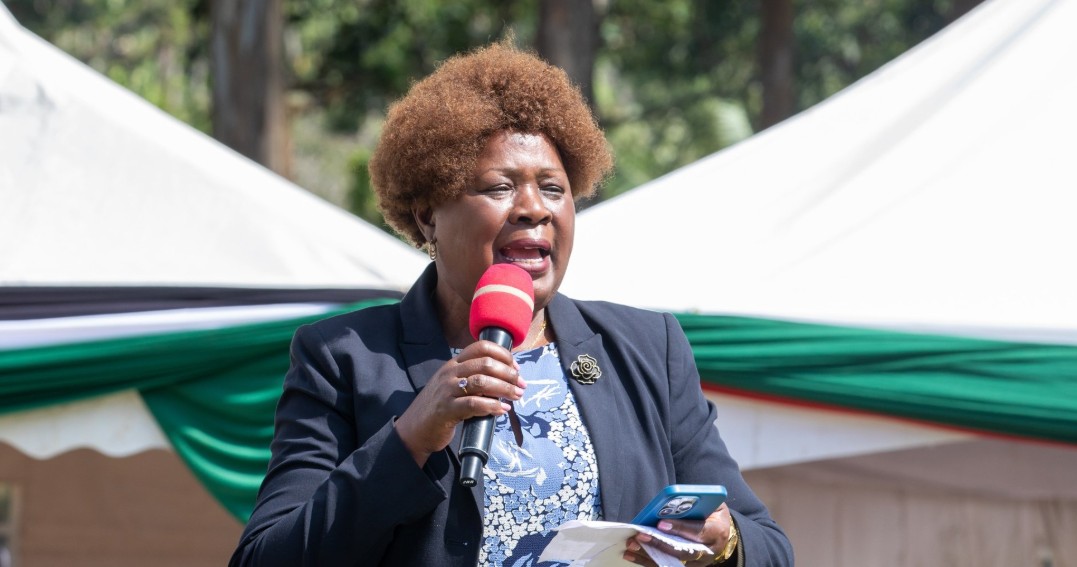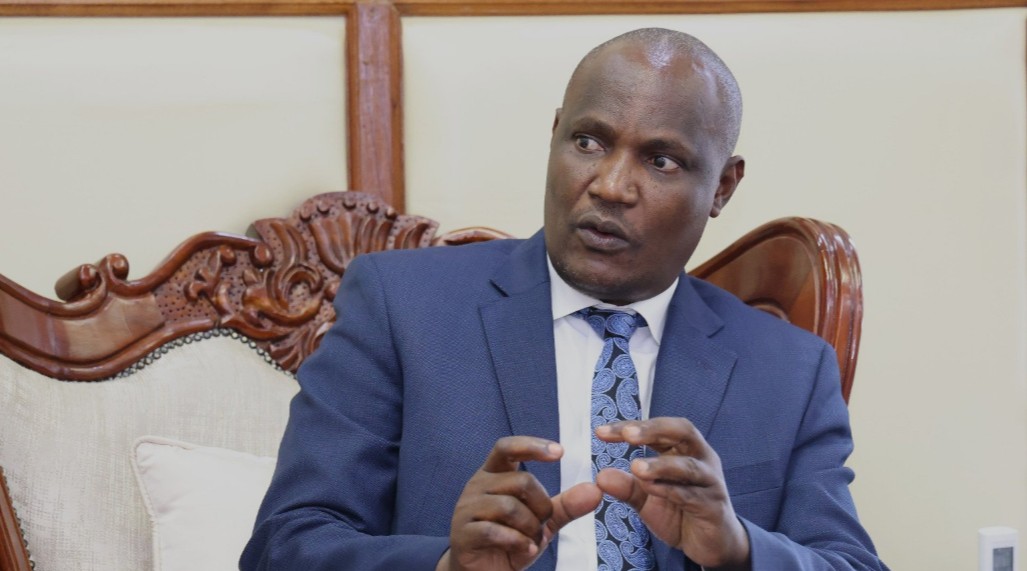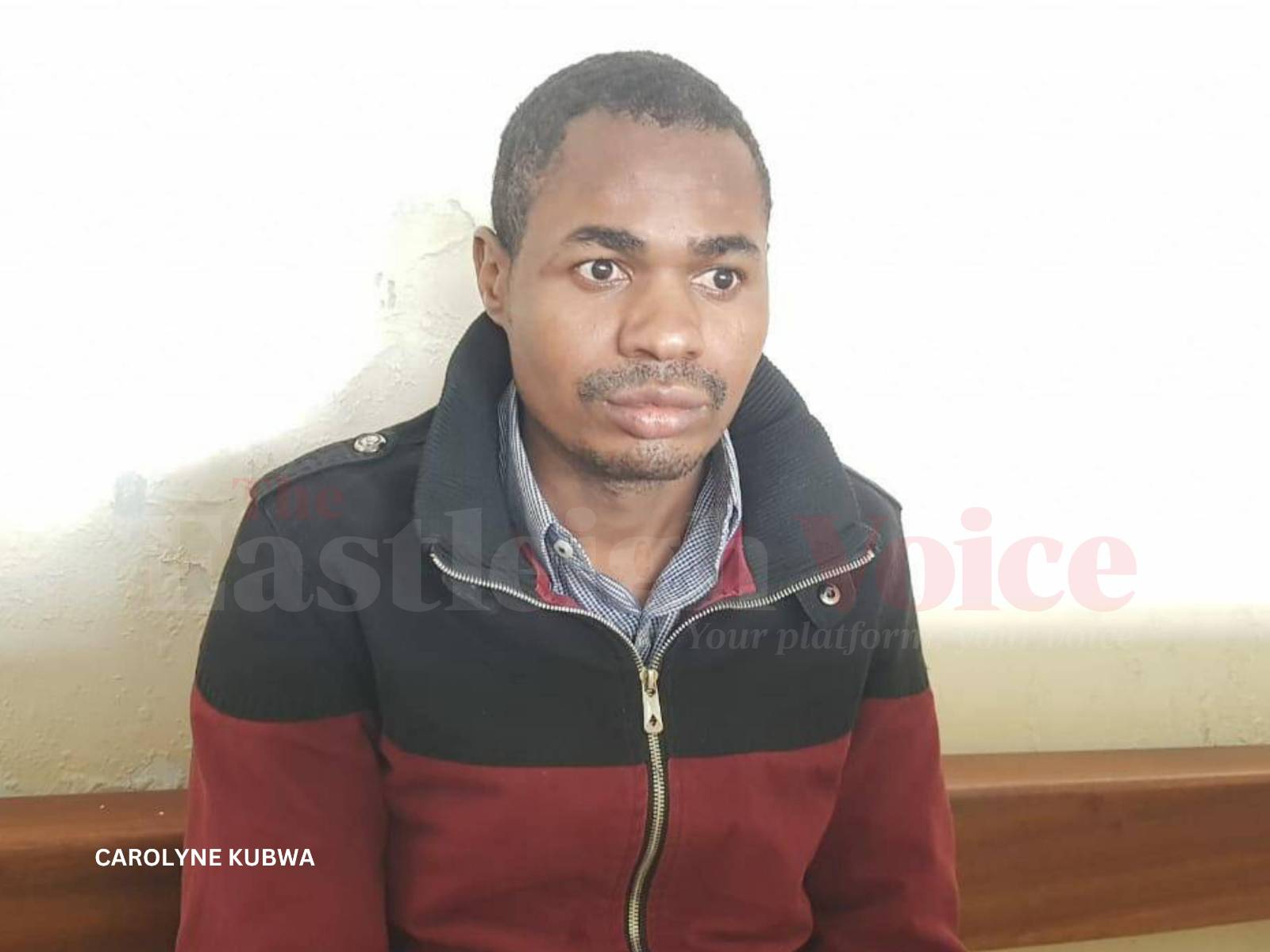Sudan: ‘Dire consequences for survivors’ lacking medical and trauma services
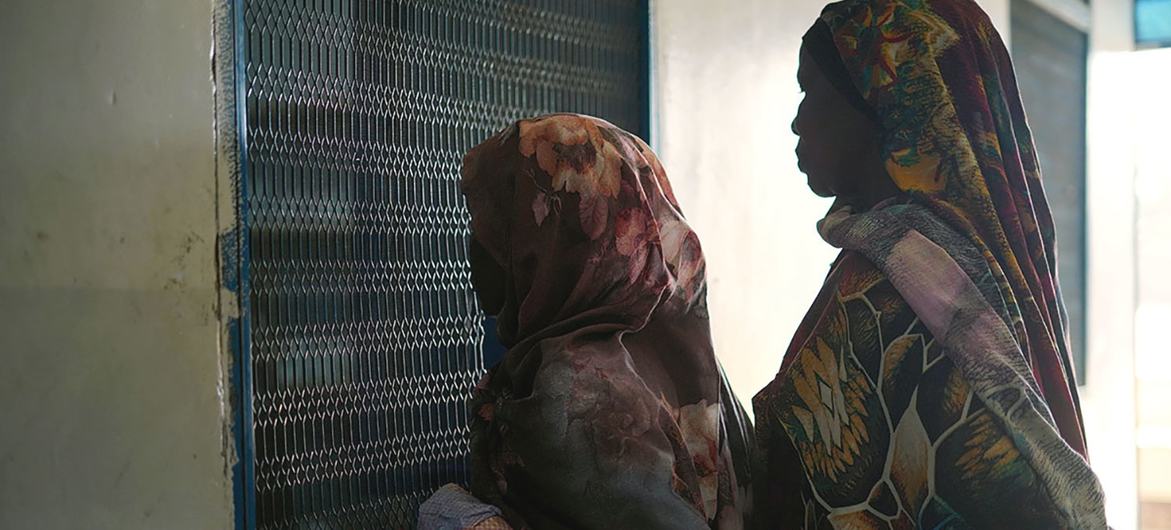
The experts added that for those who have carried pregnancies to term, pre and post-partum services are “scarce, insecure, or entirely inaccessible”.
The devastating lack of adequate care for survivors of sexual and gender-based violence in Sudan, including sexual and reproductive healthcare and psychosocial care, has had “dire” repercussions, independent UN experts said on Friday.
“The lack of care, stigma, and administrative barriers, including in accessing medical and trauma services, rape kits, emergency contraception, and safe abortion performed by medical professionals, have resulted in dire consequences for survivors and repeated cycles of violence,” they emphasised.
More To Read
- Amnesty warns Sudan's rainy season could deepen humanitarian crisis
- 46 killed, 37 injured in paramilitary attack on village in Western Sudan: volunteer groups
- UN warns of worsening humanitarian crisis in Sudan as displacement, hunger and disease escalate
- Sudan's new PM Kamil Idris unveils technocrat cabinet, setting up clash with armed factions
- No military victory will end Sudan’s war, says former PM Abdalla Hamdok
- Sudan's electricity, transport sectors crippled by ongoing civil war
The experts added that for those who have carried pregnancies to term, pre and post-partum services are “scarce, insecure, or entirely inaccessible”.
The many documented cases of sexual abuse, rape, enforced prostitution, sexual slavery, and unlawful killings by the paramilitary Rapid Support Forces (RSF) and other armed groups are occurring against the backdrop of catastrophic levels of humanitarian crisis in Sudan.
Since the conflict between militia and the national army began in April 2023, it has resulted in the displacement of 10.2 million people and 26 million are facing acute hunger.
Targeting of Rights Defenders
The UN experts also condemned the targeting of women human rights defenders and first responders who work to document violations and provide services to survivors.
From January to June 2024, at least nine of them were targeted by parties involved in the conflict.
“The layers of violence, including the arbitrary detention, arrests, violations of due process and fair trial, and killings of women first responders and rights defenders, are appalling and perpetuate a chilling effect on the delivery of services and processes to ensure documentation of human rights violations, accountability and justice,” the experts said.
They are calling for an end to the violence, improved humanitarian access to the affected population, and a swift and effective investigation of human rights violations.
‘Leadership of women must be ensured’
The meaningful leadership and participation of women in the conflict resolution process must be ensured by all parties in accordance with Security Council Resolution 1325, the rights experts said.
“Women are continuing to raise their voices to call for a ceasefire, unhindered access to humanitarian aid, and effective monitoring of both. Women’s meaningful participation must be advanced as a matter of their rights and in order to achieve lasting and sustainable peace,” they affirmed.
They have communicated these concerns to both the Government of Sudan and RSF generals.
Special Rapporteurs are appointed by the UN Human Rights Council to monitor and report on specific country situations. They are not UN staff and are independent from any government or organisation.
Top Stories Today
- One dead, two officers hurt as protests rock Kakuma refugee camp
- 2024 KCSE learners urged to explore TVET as alternative route to jobs, entrepreneurship
- Julia Wangui's death: Family rejects post-mortem findings, accuses state of cover-up
- Today's court cases: Nairobi court to rule on MP Kihara case as Rex Masai, Charles Were trials resume
- Environment Ministry withdraws 2025 regulations amid outcry over lack of consultation
- KNEC diverts rent savings to revive Mitihani House project whose construction started in 1986
